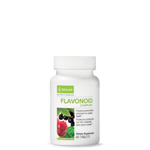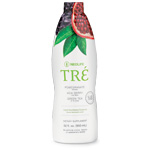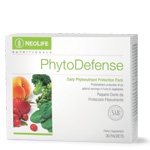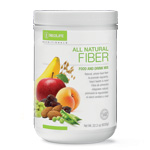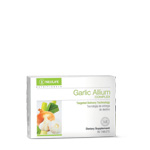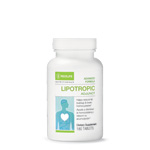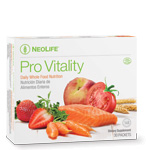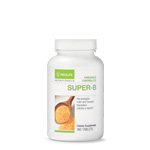
The heart is the hardest working muscle in the body. Without a properly functioning heart, the body is deprived of the oxygen and nutrients it needs for optimal function. That’s why maintaining cardiovascular health is so important – it affects every part of our body! In honor of World Heart Day, we’re sharing 10 unexpected supplements crucial for heart health.
Here’s 10 unexpected supplements crucial for heart health:
For any entrepreneurs out there who have a passion for sharing good health… NeoLife is redefining the world of startups. Put simply, it’s like a tech start-up, but with nutrition. There are low barriers to entry because NeoLife provides the infrastructure that any successful business needs, as well as consumable products, and a compensation plan. So instead of having to raise hundreds of thousands of dollars to get started, it makes entrepreneurship accessible to everyone. You can own your own NeoLife business and it can be passed down as an income-generating asset to future generations. For more information please visit NeoLife.com or call 800.432.5842. To learn how to build a foundation of good nutrition for you and your loved ones, visit ShareNeoLife.com.
1. Cassidy A, et al. Habitual intake of anthocyanins and flavanones and risk of cardiovascular disease in men. Am J Clin Nutr. 2016 Sep;104(3):587-94.
2. Lavie CJ, et al. Omega-3 polyunsaturated fatty acids and cardiovascular diseases. J Am Coll Cardiol. 2009 Aug;54(7):585-94.
3. Reynolds K, et al. A meta-analysis of the effect of soy protein supplementation on serum lipids. Am J Cardiol. 2006 Sep;98(5):633-40.
4. Messina M, Lane B. Soy protein, soybean isoflavones and coronary heart disease risk: Where do we stand? Future Lipidology. 2007;2(1):55-74.
5. Peny HY, et al. Elevated homocysteine levels and risk of cardiovascular and all-cause mortality: a meta-analysis of prospective studies. J Zhejiang Univ Sci B. 2015 Jan;16(1):78-86.
